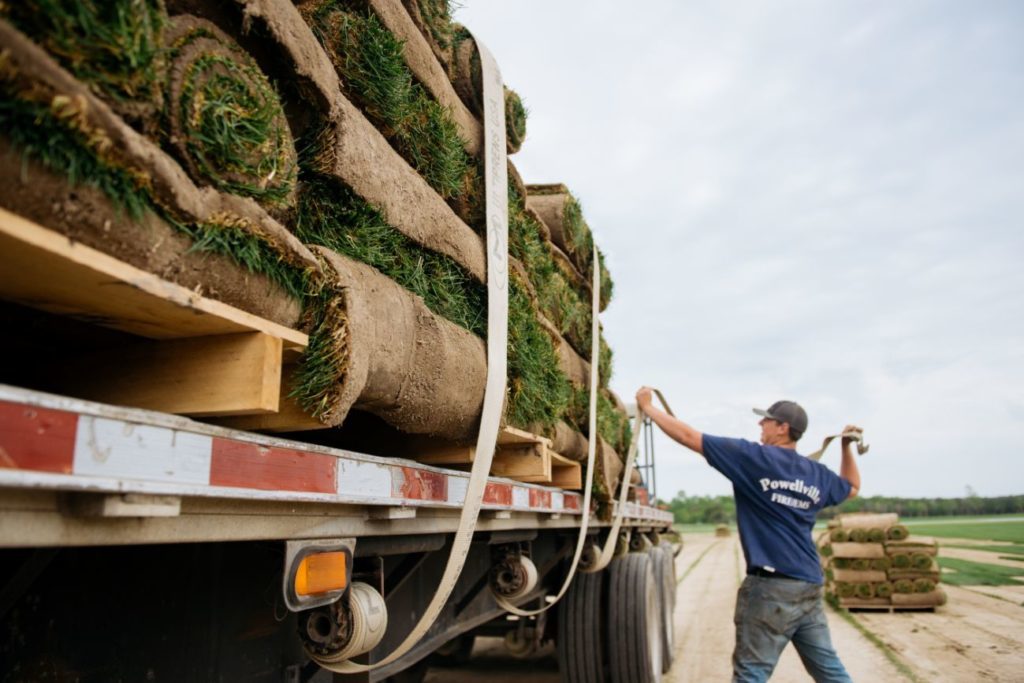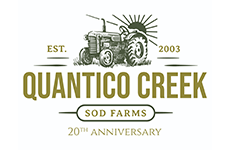
Here are a few signs that you should replace your sod.
A beautiful lawn is always one of the most sought-after elements of home living. Not only does it make a perfect place for pets, kids, and adults to live and play, but it also increases the beauty of the property as a whole. However, sometimes, the lawn may not look as healthy or as lovely as it should. And if you’re trying to repair your lawn and make it vibrant again, your measures may not work. In some situations, it may be worth starting all over again with brand-new sod. Here are a few signs that you should replace your sod.
Excessive Water Runoff
Spring is here, and in the Mid-Atlantic region, that usually means frequent showers. While the lawn and other plants need water to jumpstart their growth after the dormant season, the rainfall can also make runoff and drainage issues more visible. This is especially true if the lawn is damaged. A patchy lawn with spots of bare soil won’t be able to soak too much water, which can turn into a big runoff mess. Floods and other signs of erosion are common sights in these lawns, and this is a good sign that new sod may be in order. A new sod lawn reestablishes a working root system on your property that is better able to absorb water and control runoff.
Dead Spots After Fertilization
Occasional dead spots in the lawn are fairly common and typically treated with some fertilizer. But if you’re treating dead spots and they aren’t getting any better, it may be a sign of bigger issues. Specifically, it may indicate the overabundance of lawn pests that eat away at the grassroots below the ground. These pests can spread and kill more of your lawn over time. In this situation, it may be best to treat the entire lawn for pests, then replace your sod and regrow it from scratch. After establishing the new sod, you’ll also put it through a regular pest treatment plan to stop the situation from repeating itself in the future.
You Have a Grass Type Unsuited for the Environment
The Mid-Atlantic region has to deal with hot summers and cold winters, so your lawn should be comprised of suitable grass that can withstand each end of the spectrum. If your lawn is comprised of grass better suited for warmer climates – think St. Augustine or Zoysia grass – it may not be able to survive the sometimes tough Mid-Atlantic winter and will result in a less-than-ideal appearance during the spring and summer. Installing more appropriate turf – Kentucky bluegrass or tall fescue, for example – will help your lawn look its best year-round.
Get Your Yard Ready for Spring!
Since our inception from a humble 30-acre field to over 4,500 acres of turf grasses, Quantico Creek Sod Farm is now the LARGEST SOD FARM IN THE TRI-STATE AREA. Our service areas cover Pennsylvania, Maryland, DC Delaware, Virginia and Northern North Carolina. Order early and order often to ensure the best service possible. Contact us through our online page. Please find us at 27616 Little Lane, Salisbury, Maryland 21801. Our phone number is 410-726-6103, and our fax number is 410-742-6550. Speak to Jason Anderson for Turf Grass Sales. Reach him by email at jason@quanticocreeksod.com. Finally, follow us on social media on Facebook, LinkedIn, and our blog!
